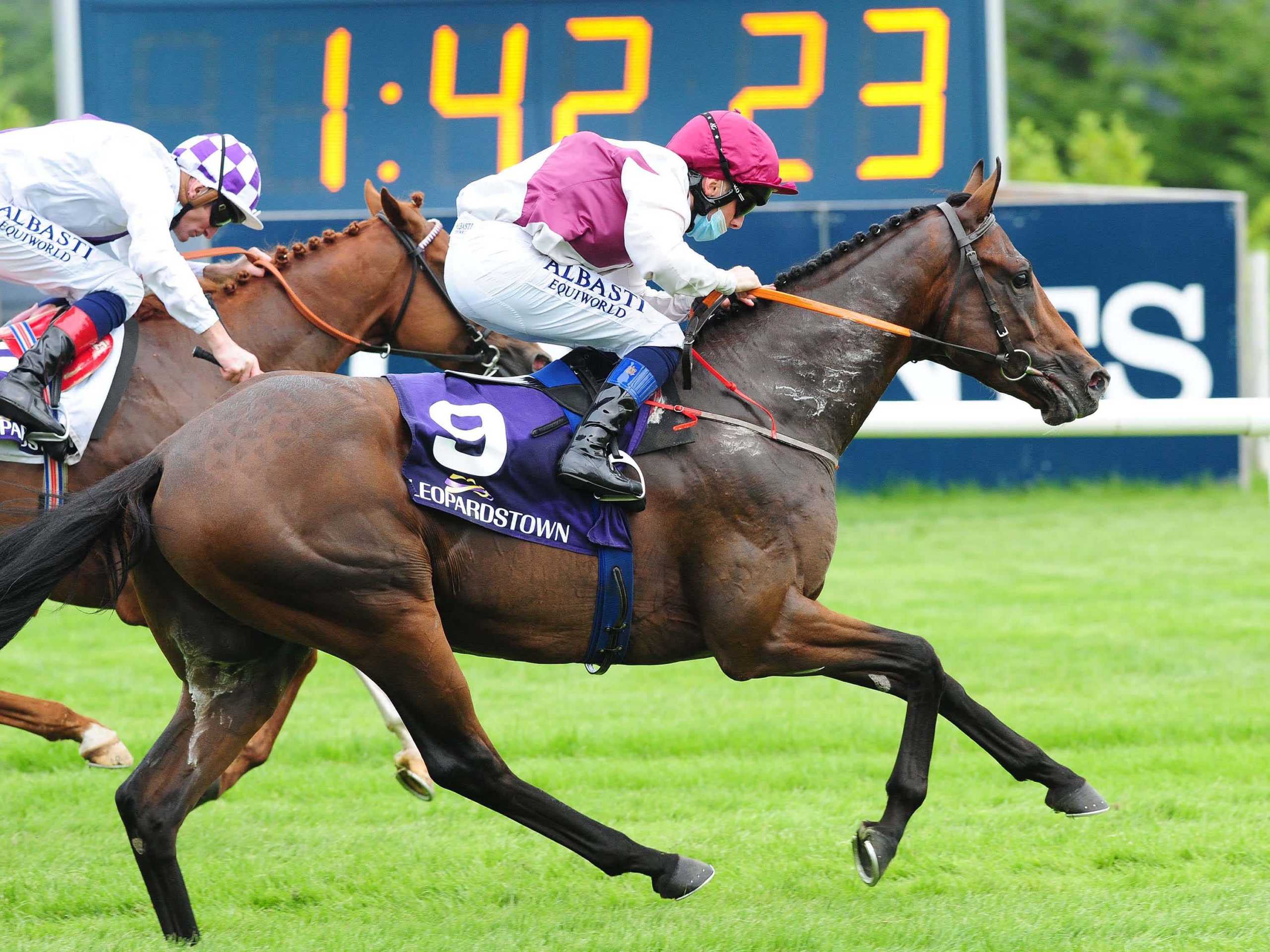In the fall of 2005, it appeared that the USC Trojan college football dynasty was on the way to becoming the best of all time. Matt Lineart was coming off of his Heisman trophy winning season, Reggie Bush was entering his, and the Trojans were coming off of claiming two BCS National Championships. Pete Carroll and USC were in the middle of their 34-game winning streak, and the program was back to its all time great status. ESPN, in the weeks void of games between the end of the season and the BCS title game, asked their audience if that USC was the best team ever assembled, comparing them to the great teams in Miami, Nebraska, and Alabama in decades prior.
Then, USC ran into Mack Brown, Vince Young, and the University of Texas Longhorns, and by the end of the Rose Bowl, the Trojans weren’t even the best team of that season.
In the moments after the game, after the confetti, and after the trophy presentation, Mack Brown gave a heartfelt speech to the Longhorns about the moment they had just shared. He had no prepared statement, no notes, but he spoke from the heart to his team about what had just happened.
After saying he loved them, and that he was proud of them, and some gratuitous hooting and hollering with Matthew McConaughey, Mack Brown’s real final message was succinct. (After the 5:30 minute mark in the above clip) Mack tells the Longhorns, “Don’t let this be the best thing that ever happened to you…I don’t want this to be the best thing that’s ever happened in your life. Promise me- that if you’ve got enough about you to win a national championship, you’ve got enough about you to be a great citizen and a great role model, a great father and a great leader in your family.”
In the emotion of the moment, 35 years since the school’s last championship and minutes after achieving the highest professional accolade Mack Brown could ever hope for his team, Brown thought it was important that these players go on, after a championship, to be champions in other walks of life. Life after football, as Brown put it to a room with 24 future NFL players and six AP All-Americans, was more important than life in it, even as they wrapped up one of the most memorable seasons in college football history.
There has been lots of talk about the value of the upcoming college football season, and much of that seems to apparently hinge on the BIG 12. If the ten schools in the BIG 12 (yes, that is especially confusing when there is also a BIG 10, and especially especially confusing because that conference has 14 teams) agree to attempting to play some semblance of a season this fall, it appears they, the ACC, and the SEC will play a fall season and end with some type of championship. The BIG 12 released football schedules on Wednesday, indicating they want to move forward.
This does not mean the Power 5 conferences (BIG 12, ACC, SEC, BIG 10, and PAC 12) are planning on abiding by any of the #WeWantToPlay guidelines laid out by some of the bigger names in college football. It does mean the fans of so many major colleges football, if the BIG 12 continues and goes through with a season, will have a season to watch from home amidst the continuing pandemic.
College football fans are putting a lot of pressure on the BIG 12, ACC, and SEC to get this season off the ground. In doing so, fans are taking to Twitter (as they so often do) in an effort strum at the heartstrings of sports fans everywhere. The tear-jerking, chest warming, emotional churning elements of sports are being, commonly, used to drub up more pressure to put on the colleges. And, it may be working.
The importance of the BIG 12 is interesting. Aside form Oklahoma’s early exits from the College Football Playoff, a brief title-less run from Art Briles’ Baylor, and a Texas loss in the championship game (after a Colt McCoy injury…), the BIG 12 has not been the same kind of factor on the national stage that the ACC and SEC have for the last decade and a half. But they’re being lumped in, as a conference, because of the dollars they bring to the table.
What’s odd is, if we look back at the national relevance of the BIG 12… we run into those same 2005 Texas Longhorns. Every sports fan is pushing the conference into playing, everyone is pressuring the league to make the call that puts major college football back on their televisions. They’re all focused on this season, emotionally tied to this moment, and focused on the current, most immediate prize.
We are watching college sports programs put the season, its games, and their results above all else right now. It is a multi-billion-dollar industry. The “big time” programs funnel that money into the rest of the athletic department and, often, the rest of the school. Mark Emmert, president of the NCAA, makes $3.9 million himself a year. He has shut down all other NCAA championships this fall across all divisions, except for the College Football Playoff, so clearly he’s being paid a lot to make the tough decisions.

And that’s all money that’s easy to count. College teams playing means TV deals, ticket sales, etc. But there’s more money involved than that. College towns in the south? Their entire economy functions off of a half-dozen or so Saturdays, and maybe a fun couple of weekends in March. March 2020 was void of madness, and now the Fall Saturdays of 2020 are all the more important.
This season, some of those billions would have to be invested into safety. COVID tests can range from a few hundred to a couple thousand dollars apiece. College football teams have well over 125 players and coaches. Testing bi-weekly could cost a program $250,000 a week, and in a 16-week season that’s $4 million just on testing. But if a school’s program can earn ten times that from TV revenue shares, the math indicates it’s worth the financial hit.
Yes, the economic consequences of those billions not coming in are real. Yes, the kids love playing football. Yes, for many of them, the 2020 college football season is the most important athletic endeavor in their lives to this point, if not forever. Yes, all of those truths can function together.
But the potential, real, long term consequences of a viral outbreak are also real. They may be unknown, but the more we learn the worse the future could be. This may severely hamper long term health of its victims, even if they aren’t hospitalized (or worse) in the short term.
The current, short term is the focus. The NCAA, its fans, and some more directly involved are trying to “play the next play,” a common lesson from football. Football, as it turns out offers lots of lessons. Coaches become father figures on campus, mentors, and leaders of young athletes. Their words and actions carry a bigger weight, if they’ve got it in them, than the words or actions of many. They steer the lives of their athletes, positively or negatively. Sometimes, those lessons are showing off new dance moves in new threads…
Sometimes they’re less important, and some other times they’re far more important.
In paraphrasing the words of Mack Brown, these guys need to be great citizens, role models, fathers, and leaders. If that was more important than football after one of the biggest moments in the sports’ history, isn’t it also more important now?
Follow me on Twitter @painsworth512 for more, and give our podcast “F” In Sports a listen wherever you listen to podcasts!







